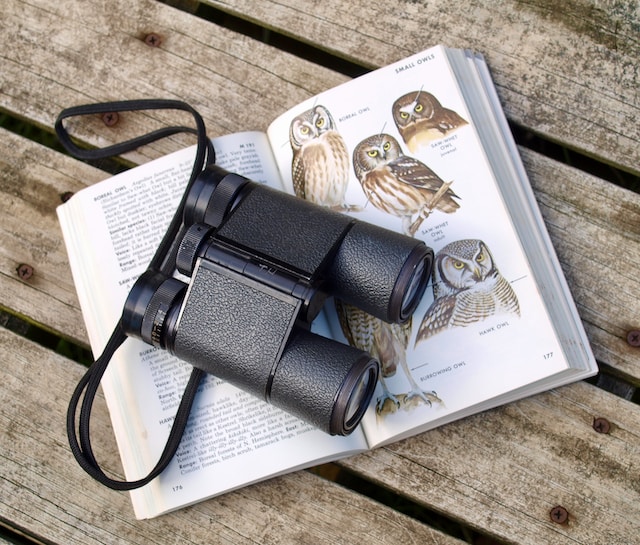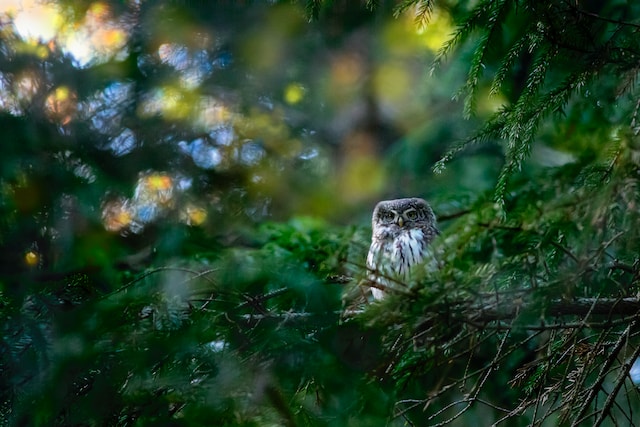Bird watching might start as a captivating hobby, a way to connect with the natural world, enjoy the outdoors, and foster a sense of peace. But for some, this interest can flourish into a full-fledged career. Ornithology, the scientific study of birds, is a multidisciplinary field that integrates aspects of ecology, biology, and conservation. This article aims to guide college students interested in ornithology through various career paths and possibilities, showing how a love for our feathered friends can take flight into a rewarding professional life.

For college students, studying ornithology starts with a solid foundation in the biological sciences. While dedicated ornithology courses might not be commonplace, degrees in biology, ecology, wildlife biology, or environmental science are often the stepping stone to a career in this field. Balancing academic workload with these demanding subjects can sometimes be challenging, and many students might try looking for a service that can help with homework. Indeed, there are resources like Paperwriter that can be useful tools to assist with homework and essays, allowing students to delve deeper into their areas of interest
1. Research Scientist/Ornithologist
The first and perhaps most obvious career path in ornithology is to become a research scientist or ornithologist. These professionals study bird behaviors, physiology, classification, distribution, and ecological role. Such positions typically require a master’s degree or a Ph.D. in ornithology or related fields. A career in research might lead to roles in universities, research institutes, or conservation organizations.
2. Wildlife Biologist/Conservationist

A wildlife biologist with a focus on birds works on protecting and conserving bird species and their habitats. They may develop and implement conservation plans, assess the impact of human activities on bird populations, and work toward the restoration of endangered species. Many conservationists work for government agencies or non-profit organizations dedicated to wildlife protection.
3. Environmental Educator/Naturalist
For those who love sharing their knowledge and passion for birds, a career as an environmental educator or naturalist can be rewarding. They teach students and the public about birds and their importance to ecosystems. These roles can be found in schools, nature reserves, parks, or zoos. It combines a love of ornithology with communication and teaching skills.
4. Ecotourism Guide
The popularity of bird watching has fueled a demand for knowledgeable guides in the ecotourism industry. Guides lead bird-watching tours, identify species, and educate tourists about bird behaviors and conservation issues. This job requires extensive knowledge of bird species, excellent interpersonal skills, and, often, the ability to travel.
5. Wildlife Photographer/Journalist
If your love for birds comes with a passion for photography or writing, a career as a wildlife photographer or journalist might be appealing. Wildlife photographers capture images of birds in their natural habitats, while journalists write articles and stories about bird species, bird watching, and conservation efforts.
6. Avian Veterinarian
Just like other animals, birds need medical care too. An avian veterinarian is a specialist who focuses on the health of birds. These professionals diagnose and treat diseases in birds, perform surgeries, and provide preventative care and nutritional advice. Their patients may range from common domestic birds, such as parakeets and cockatiels, to more exotic bird species found in zoos or wildlife rehabilitation centers. A career as an avian veterinarian requires a Doctor of Veterinary Medicine degree, followed by additional training or certification in avian practice.
7. Policy Analyst/Advocate
Birds can also fly into the political sphere. Policy analysts or advocates specializing in bird conservation work on shaping policies and laws related to bird protection, habitat conservation, and biodiversity. They analyze the impact of proposed policies, lobby for beneficial legislation, and raise awareness about bird conservation issues among policymakers and the public. Roles like these are often found within environmental NGOs, government agencies, or lobbying firms.
As college students explore these varied career paths in ornithology, it’s important to remember that balancing academic studies with career preparation and passion projects can be challenging. Support tools such as the best paper writing services can help manage academic workloads, freeing up time to pursue internships, research projects, or volunteering opportunities in ornithology. Whether it’s treating an injured falcon, curating a museum’s ornithological collection, or advocating for bird-friendly policies, the world of ornithology offers a diverse array of careers that allow bird enthusiasts to transform their passion into their profession.